
SCARS Institute’s Encyclopedia of Scams™ Published Continuously for 25 Years

The U.S. Government Is Cracking Down On Money Mules!
What are Money Mules?
Money mules are individuals who are recruited by national and international fraud schemes to help with the laundering of fraud proceeds or to transport goods purchased with fraud proceeds. These individuals are usually recruited online, through dating websites, job recruiting advertisements, or other types of internet solicitations. The money mules are then asked to help move money and goods from the victims to the fraudsters, who are oftentimes located overseas.
Sometimes the money mules are themselves innocent victims who do not realize that they are assisting with criminal activity. Other times, however, the money mules come to realize that what they are doing is wrong and/or illegal. When this happens, the money mules become knowing participants in the fraud schemes they are assisting and are subject to prosecution.
In these schemes, money mules play a critical role by receiving victim payments by mail and wire transfer, depositing the payments into their bank accounts, and allowing access to those accounts by individuals in Jamaica engaged in the scheme. The defendants are alleged to have received victim payments by mail or common carrier, deposited the payments into their bank accounts, and then transferred the funds by wire transfer to individuals engaged in the schemes in Jamaica and Nigeria.
Recognizing Money Mule Activity
Money mule activity varies widely. At times, money mules simply agree to use their accounts to send and receive funds. Other money mules open bank accounts at someone else’s request; these accounts receive and are used to forward victim funds. Still, others may receive or forward packages containing cash or assist with laundering gift cards or virtual currency.
When a person starts acting as a money mule, their financial habits may change significantly. For instance, they may quickly move money by depositing or withdrawing large amounts of cash or currency. Or, they may start purchasing a large number of gift cards or start prolifically using virtual currency.
Often law enforcement will become aware of potential money mule activity in one of two ways: either by private industry—such as financial institutions, money service businesses, or locations that sell gift cards—recognizing suspicious activity, or by victims of scams identifying the person in the U.S. to whom they sent money.
Taking Action Against Money Mules: A New Approach
Confronted with the growing problem of the use of money mules by transnational criminal organizations, for the past three years, a group of federal law enforcement agencies has coordinated an annual Money Mule Initiative, focusing their efforts over an approximately two-month time period on disrupting fraud schemes by targeting money mule activity. The results of this year’s effort, which were announced on December 2, 2020, demonstrate how widespread money mule activity is: Led by the Department of Justice, the FBI, and the U.S. Postal Inspection Service, law enforcement took action against approximately 2,300 money mules, in every state in the country. During the Initiative action period, 35 individuals were arrested or charged and the government brought over 30 civil or administrative actions. The majority of the money mules interdicted by law enforcement received warning letters.
The warning letters used by law enforcement to curb money mule activity contain simple, clear language that informs the recipients that law enforcement believes they have been facilitating a fraud (for instance lottery fraud), briefly explain how the fraud scheme works, and warn the recipient that continuing to engage in the activity could have substantial criminal or civil repercussions. Agencies often ask the recipient to sign the letter to acknowledge its receipt.
The vast majority of people who receive a money mule warning letter stop moving money for fraud schemes. And when people don’t stop the behavior, additional law enforcement activity is simplified, as the government can demonstrate the person was warned they were engaging in a fraud scheme and continued in spite of that warning.
The Money Mules Initiative
United States Attorney Jacqueline C. Romero announced her office’s participation in the Department of Justice’s Annual Money Mule Initiative, a national effort to combat money mule fraud schemes. All other U.S. Attorneys are also involved in this crackdown on money mules.
“Identifying and disrupting the work of money mules is critically important, as money mules are integral components of many organized criminal groups, including international fraud rings,” said U.S. Attorney Romero. “We are committed to working with our local, state, and federal law enforcement partners to disrupt money mule networks in an effort to cut off the flow of funds from victims of fraud schemes – often elderly and vulnerable Americans – to transnational criminal organizations.”
“I am pleased to announce today that the United States Postal Inspection Service and the United States Attorney’s Office are taking steps to stem the flow of victim money leaving the United States through the hands of money mules,” said Christopher Nielsen, Inspector in Charge of the Philadelphia Division of the Postal Inspection Service. “For many years, we as Postal Inspectors have developed various initiatives to combat the flow of illegal proceeds being sent through the mail to foreign countries. Taking steps to not only educate our customers but to bring law enforcement action against perpetrators, will stem the flow of financial loss. These efforts aside, the most effective way to reduce fraud victimization of American citizens is for friends and family to simply look out for one another. If you become aware that someone close to you sends Postal Money Orders, cash, or gift cards through the mail, or through other shipping services, to foreign countries, take a moment to talk to that person about these activities and notify the Postal Inspection Service if you suspect fraud. You might help save them from significant financial loss.”
SCARS NOTE: If you are a money mule and you get one of these letters, seek the advice of a criminal defense attorney before responding.
In the last week, the U.S. Attorney’s Office for the Eastern District of Pennsylvania filed three separate civil complaints and civil injunctions against alleged money mules accused of participating in lottery fraud schemes based in Jamaica and Nigeria. Architects of lottery schemes contact potential victims, falsely claim that those victims have won the lottery, and thereby induce the victims to send money to account for taxes and fees purportedly associated with victims’ falsely promised lottery winnings.
Each defendant has agreed to a stipulated consent decree and order of permanent injunction. The stipulated order bans the alleged money mules from directly or indirectly, assisting, facilitating, or participating in any lottery scheme, prize promotion fraud, or any money transmitting business.
The complaints and civil injunction actions (civil action numbers 23-cv-1844, 23-cv-1885, and 23‑cv-1886) were filed in the United States District Court for the Eastern District of Pennsylvania. These cases are being handled by Assistant United States Attorney David A. Degnan. The investigations were conducted by the United States Postal Inspection Service.
SCARS NOTE: In the situation discussed above, these are civil actions, not criminal actions. However, the DoJ & the FBI plan on investigating and arresting as many as 10,000 money mules in the United States in 2023.
Join the Effort Against Money Mules
If you encounter money mule activity, consider whether by taking action, even by doing something as simple as an interview and warning letter, you can disrupt the flow of victim funds to fraudsters.
When money mule activity has been identified, the first step is to determine the extent of the person’s activity and surmise whether they are aware that their actions are assisting fraud. Before taking any action, however, deconfliction is key. Because money mules play a critical role in the financial infrastructure for fraud, you must make efforts to ensure that your actions won’t interfere with someone else’s investigation.
For money mules who appear to be complicit or know their activity is part of a fraud scheme, a full criminal investigation may be warranted. If, however, you don’t have the capacity for a full investigation or it appears a less aggressive approach is warranted, consider interviewing the individual and serving a warning letter. Document that warning, and, if possible, take steps so you’ll be alerted if the person continues the money mule activity.
Community Engagement Against Money Mules
Fraudsters rely on money mules, and one of the effective ways to disrupt that reliance is for people to recognize they are being asked to facilitate fraud and simply refuse to participate. When you are engaging with community members and industry partners (such as SCARS) on the subject of fraud and scams, consider including a discussion of the signs of money mule activity. Educated consumers can better protect themselves and their communities, and industry partners can take steps to disrupt schemes before they harm more victims.
Reporting Money Mules
Where To Report Money Mules?
The first step is to report this crime to the local police. Be sure you get a report or incident number. If they are reluctant demand your right as a victim to file a complaint.
Before you do that, please read this to help you prepare: https://romancescamsnow.com/dating-scams/a-scam-victims-checklist-interacting-with-the-police/
Then report to:
- The Federal Bureau of Investigation (or your national cybercrime police unit). Visit www.IC3.gov to file your complaint
- U.S. Secret Service – the Secret Service wants to talk to you
- Find the nearest U.S. Secret Service Field Office to you https://www.secretservice.gov/contact/field-offices
- Crypto Scams can also be reported by email to: CryptoFraud@SecretService.gov
- Victims who require further assistance may call 1-888-813-USSS // Deaf and hard of hearing 202-406-5370
- U.S. Federal Trade Commission at https://reportfraud.ftc.gov/#/?orgcode=SCARS – the FTC will send a copy of your report to the FBI, so you don’t have to bother.
- SCARS on www.Anyscam.com – for worldwide distribution.
♦ NEVER REPORT YOUR CRIME TO ANY PRIVATE FOR-PROFIT COMPANY – THEY ARE ONLY INTERESTED IN EXPLOITING YOU
You can find more places to report here: https://romancescamsnow.com/reporting-entity-directory/
[pdf-embedder url=”https://romancescamsnow.com/wp-content/uploads/2023/05/mule-mm_italics.pdf” title=”Money Mules Initiative”]
-/ 30 /-
What do you think about this?
Please share your thoughts in a comment below!
Table of Contents
- An Initiative by the United States Department of Justice to Arrest & Convict Thousands of Scammer’s Money Mules!
- The U.S. Government Is Cracking Down On Money Mules!
- What are Money Mules?
- Recognizing Money Mule Activity
- Taking Action Against Money Mules: A New Approach
- The Money Mules Initiative
- Join the Effort Against Money Mules
- Community Engagement Against Money Mules
- Reporting Money Mules
LEAVE A COMMENT?
Recent Comments
On Other Articles
- Arwyn Lautenschlager on Love Bombing And How Romance Scam Victims Are Forced To Feel: “I was love bombed to the point that I would do just about anything for the scammer(s). I was told…” Feb 11, 14:24
- on Dani Daniels (Kira Lee Orsag): Another Scammer’s Favorite: “You provide a valuable service! I wish more people knew about it!” Feb 10, 15:05
- on Danielle Delaunay/Danielle Genevieve – Stolen Identity/Stolen Photos – Impersonation Victim UPDATED 2024: “We highly recommend that you simply turn away form the scam and scammers, and focus on the development of a…” Feb 4, 19:47
- on The Art Of Deception: The Fundamental Principals Of Successful Deceptions – 2024: “I experienced many of the deceptive tactics that romance scammers use. I was told various stories of hardship and why…” Feb 4, 15:27
- on Danielle Delaunay/Danielle Genevieve – Stolen Identity/Stolen Photos – Impersonation Victim UPDATED 2024: “Yes, I’m in that exact situation also. “Danielle” has seriously scammed me for 3 years now. “She” (he) doesn’t know…” Feb 4, 14:58
- on An Essay on Justice and Money Recovery – 2026: “you are so right I accidentally clicked on online justice I signed an agreement for 12k upfront but cd only…” Feb 3, 08:16
- on The SCARS Institute Top 50 Celebrity Impersonation Scams – 2025: “Quora has had visits from scammers pretending to be Keanu Reeves and Paul McCartney in 2025 and 2026.” Jan 27, 17:45
- on Scam Victims Should Limit Their Exposure To Scam News & Scammer Photos: “I used to look at scammers photos all the time; however, I don’t feel the need to do it anymore.…” Jan 26, 23:19
- on After A Scam, No One Can Tell You How You Will React: “This article was very informative, my scams happened 5 years ago; however, l do remember several of those emotions and/or…” Jan 23, 17:17
- on Situational Awareness and How Trauma Makes Scam Victims Less Safe – 2024: “I need to be more observant and I am practicing situational awareness. I’m saving this article to remind me of…” Jan 21, 22:55
ARTICLE META
Important Information for New Scam Victims
- Please visit www.ScamVictimsSupport.org – a SCARS Website for New Scam Victims & Sextortion Victims
- Enroll in FREE SCARS Scam Survivor’s School now at www.SCARSeducation.org
- Please visit www.ScamPsychology.org – to more fully understand the psychological concepts involved in scams and scam victim recovery
If you are looking for local trauma counselors please visit counseling.AgainstScams.org or join SCARS for our counseling/therapy benefit: membership.AgainstScams.org
If you need to speak with someone now, you can dial 988 or find phone numbers for crisis hotlines all around the world here: www.opencounseling.com/suicide-hotlines
A Note About Labeling!
We often use the term ‘scam victim’ in our articles, but this is a convenience to help those searching for information in search engines like Google. It is just a convenience and has no deeper meaning. If you have come through such an experience, YOU are a Survivor! It was not your fault. You are not alone! Axios!
A Question of Trust
At the SCARS Institute, we invite you to do your own research on the topics we speak about and publish, Our team investigates the subject being discussed, especially when it comes to understanding the scam victims-survivors experience. You can do Google searches but in many cases, you will have to wade through scientific papers and studies. However, remember that biases and perspectives matter and influence the outcome. Regardless, we encourage you to explore these topics as thoroughly as you can for your own awareness.
Statement About Victim Blaming
SCARS Institute articles examine different aspects of the scam victim experience, as well as those who may have been secondary victims. This work focuses on understanding victimization through the science of victimology, including common psychological and behavioral responses. The purpose is to help victims and survivors understand why these crimes occurred, reduce shame and self-blame, strengthen recovery programs and victim opportunities, and lower the risk of future victimization.
At times, these discussions may sound uncomfortable, overwhelming, or may be mistaken for blame. They are not. Scam victims are never blamed. Our goal is to explain the mechanisms of deception and the human responses that scammers exploit, and the processes that occur after the scam ends, so victims can better understand what happened to them and why it felt convincing at the time, and what the path looks like going forward.
Articles that address the psychology, neurology, physiology, and other characteristics of scams and the victim experience recognize that all people share cognitive and emotional traits that can be manipulated under the right conditions. These characteristics are not flaws. They are normal human functions that criminals deliberately exploit. Victims typically have little awareness of these mechanisms while a scam is unfolding and a very limited ability to control them. Awareness often comes only after the harm has occurred.
By explaining these processes, these articles help victims make sense of their experiences, understand common post-scam reactions, and identify ways to protect themselves moving forward. This knowledge supports recovery by replacing confusion and self-blame with clarity, context, and self-compassion.
Additional educational material on these topics is available at ScamPsychology.org – ScamsNOW.com and other SCARS Institute websites.
Psychology Disclaimer:
All articles about psychology and the human brain on this website are for information & education only
The information provided in this article is intended for educational and self-help purposes only and should not be construed as a substitute for professional therapy or counseling.
While any self-help techniques outlined herein may be beneficial for scam victims seeking to recover from their experience and move towards recovery, it is important to consult with a qualified mental health professional before initiating any course of action. Each individual’s experience and needs are unique, and what works for one person may not be suitable for another.
Additionally, any approach may not be appropriate for individuals with certain pre-existing mental health conditions or trauma histories. It is advisable to seek guidance from a licensed therapist or counselor who can provide personalized support, guidance, and treatment tailored to your specific needs.
If you are experiencing significant distress or emotional difficulties related to a scam or other traumatic event, please consult your doctor or mental health provider for appropriate care and support.
Also read our SCARS Institute Statement about Professional Care for Scam Victims – click here to go to our ScamsNOW.com website.



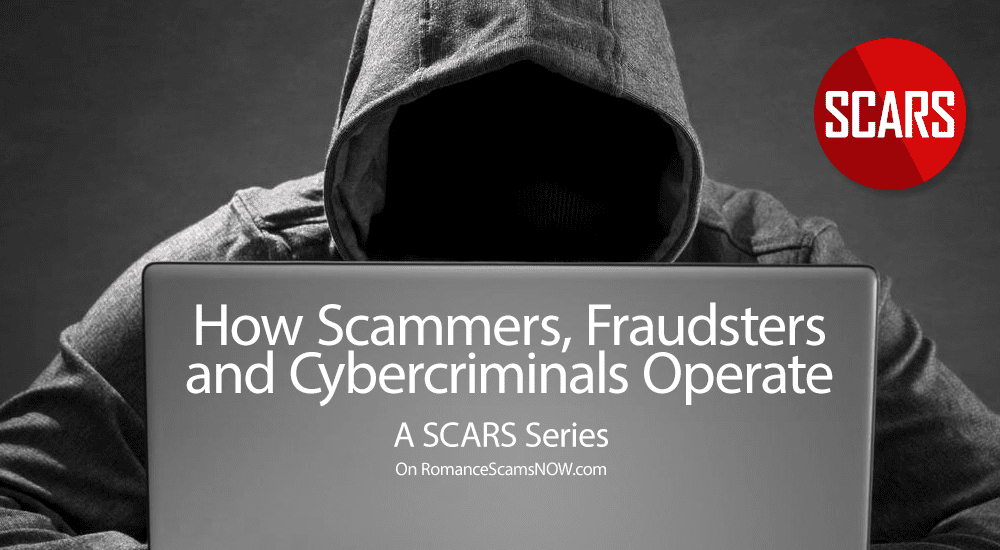


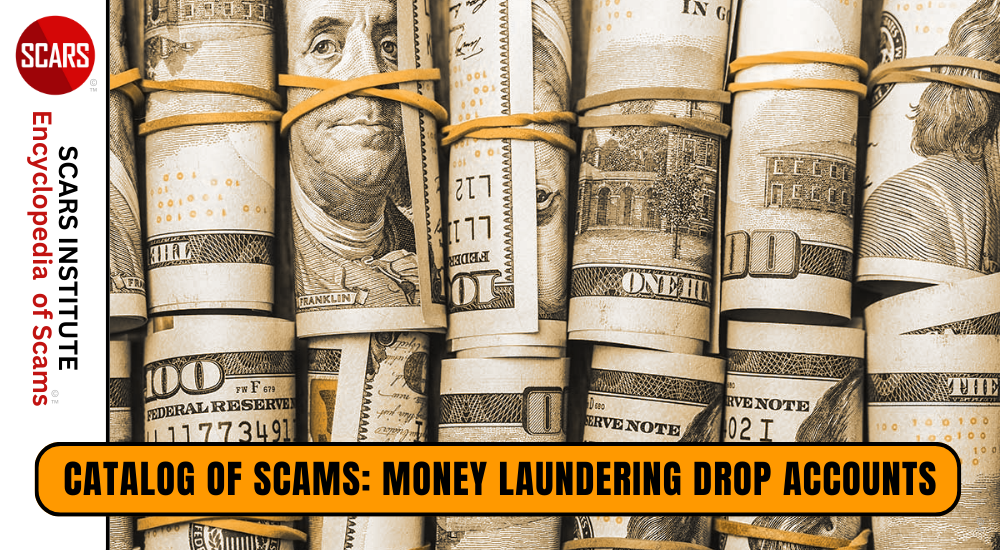
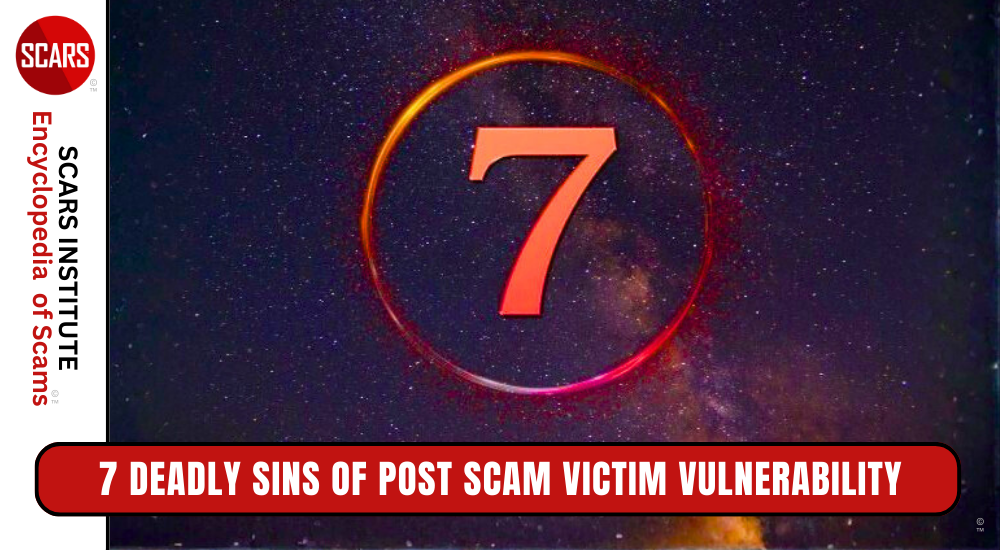


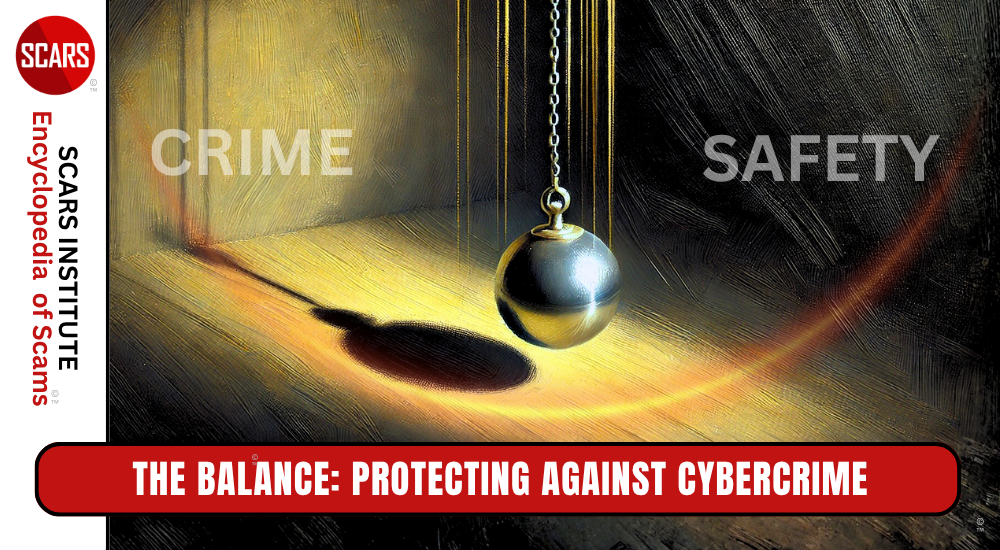
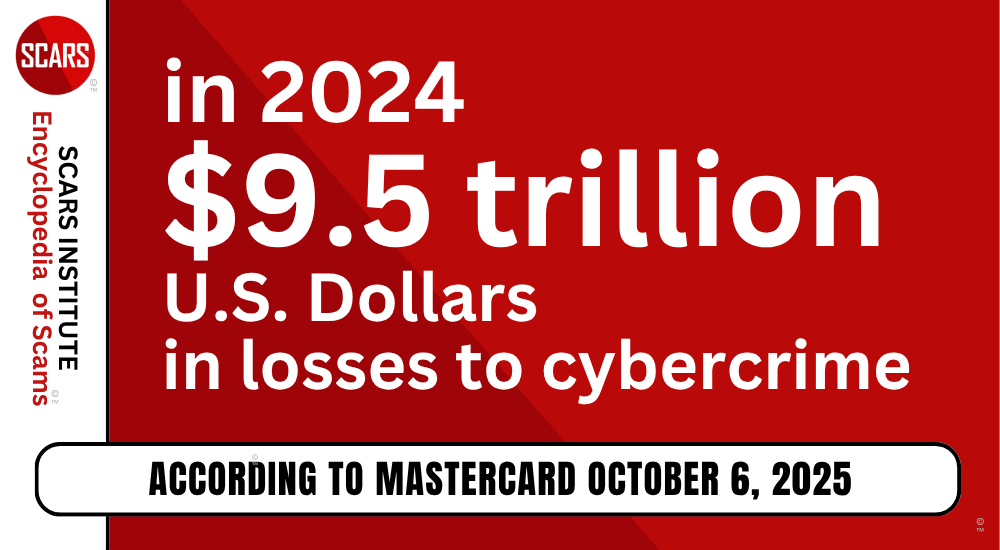




Thank you for your comment. You may receive an email to follow up. We never share your data with marketers.